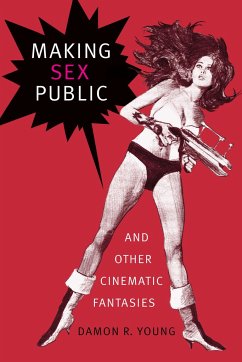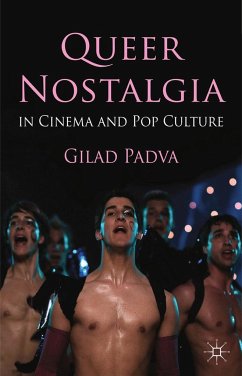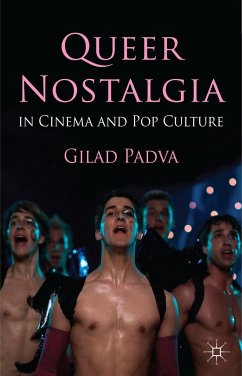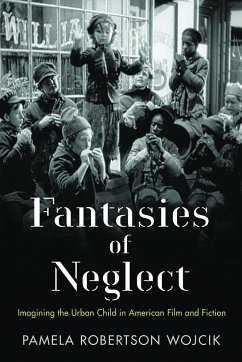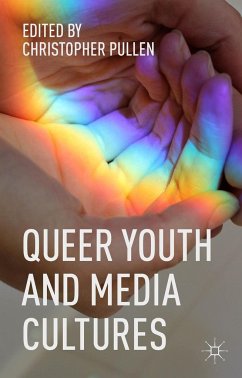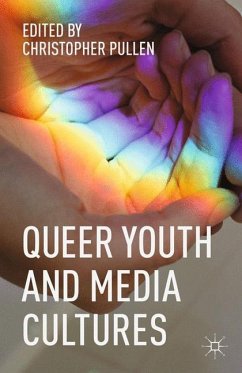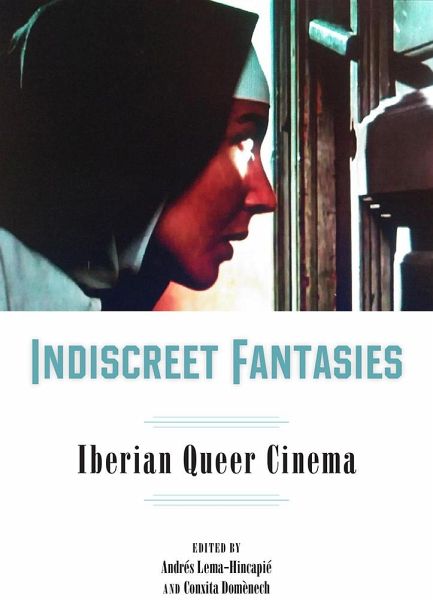
Indiscreet Fantasies
Iberian Queer Cinema
Herausgeber: Lema-Hincapié, Andrés; Domènech, Conxita
Versandkostenfrei!
Versandfertig in über 4 Wochen
147,99 €
inkl. MwSt.
Weitere Ausgaben:

PAYBACK Punkte
74 °P sammeln!
Offering in-depth analyses of fifteen different queer films from the Iberian Peninsula, this collection shows how a diverse group of filmmakers from regions including Catalonia, Portugal, Castile, Galicia, and the Basque Country have produced films that challenge the region’s conservative religious values and gender norms, while intervening in vital debates about politics, history, and nation.





